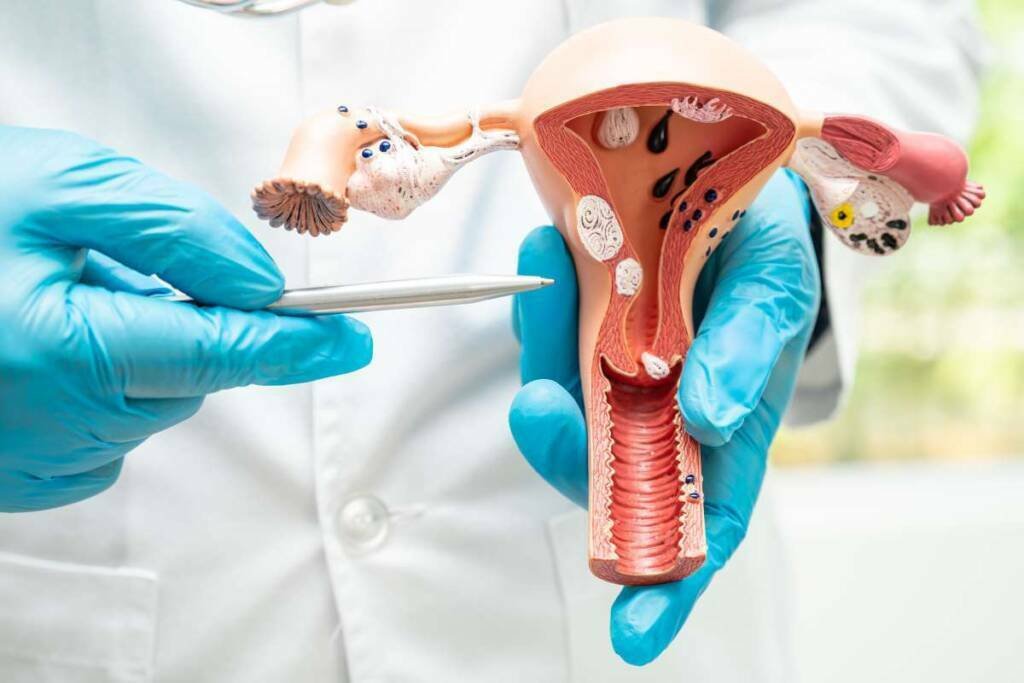The combination of the novel bifunctional fusion protein SHR-1701 with bevacizumab (BP102) and platinum-doublet chemotherapy has shown promising results in patients with cervical cancer, according to data from the phase 1b portion of an ongoing Phase Ib/III trial (NCT05179239) presented at the 2023 ASCO Annual Meeting.
In this study, 31 patients received the combination treatment, and the overall response rate (ORR) was 77.4%, with 4 complete responses and 20 partial responses. The disease control rate (DCR) and the 6-month progression-free survival (PFS) rate were both high, at 93.5% and 95.6%, respectively. Notably, almost all patients achieved a shrinkage in target lesions from baseline, and all responses were ongoing at the time of data cutoff.
The previous Phase I study (NCT03774979) of SHR-1701 as a single agent in patients with cervical cancer who progressed on a platinum-based regimen showed an ORR of 15.6% and a DCR of 50%, with manageable safety.
The ongoing Phase Ib/III trial included a safety run-in (part 1) and a cohort expansion (part 2). Patients with persistent, recurrent, or metastatic cervical cancer and who had not received prior systemic therapy or were not eligible for curative treatment were eligible for enrollment. The combination treatment consisted of SHR-1701, BP102, and platinum-doublet chemotherapy as a first-line approach.
The study’s authors concluded that the combination treatment demonstrated a manageable safety profile and potent antitumor activity in this patient population, supporting further investigation in the phase 3 portion of the trial.
Overall, these findings offer promising results for the potential treatment of cervical cancer using the novel combination therapy, and ongoing research in larger randomized trials will be important to confirm and validate these outcomes.





























